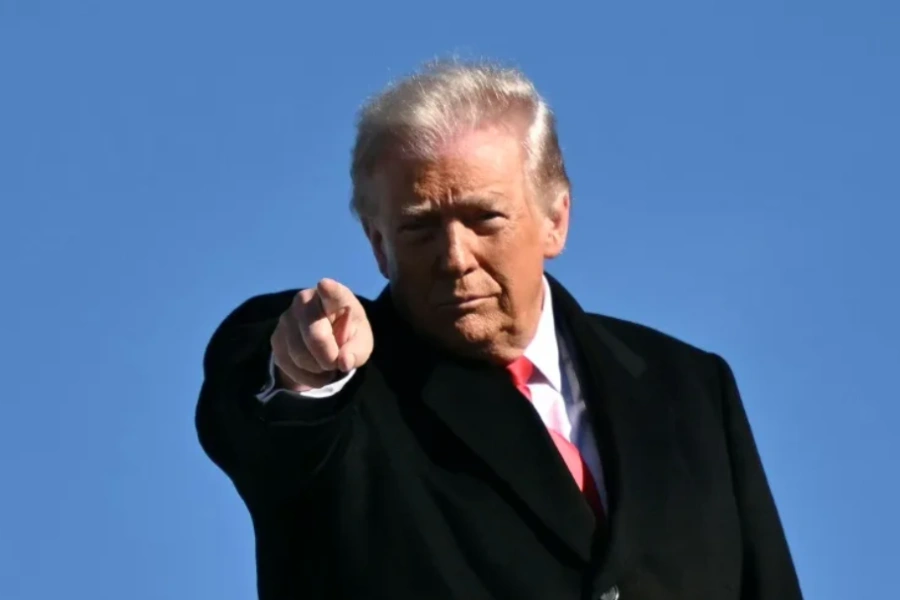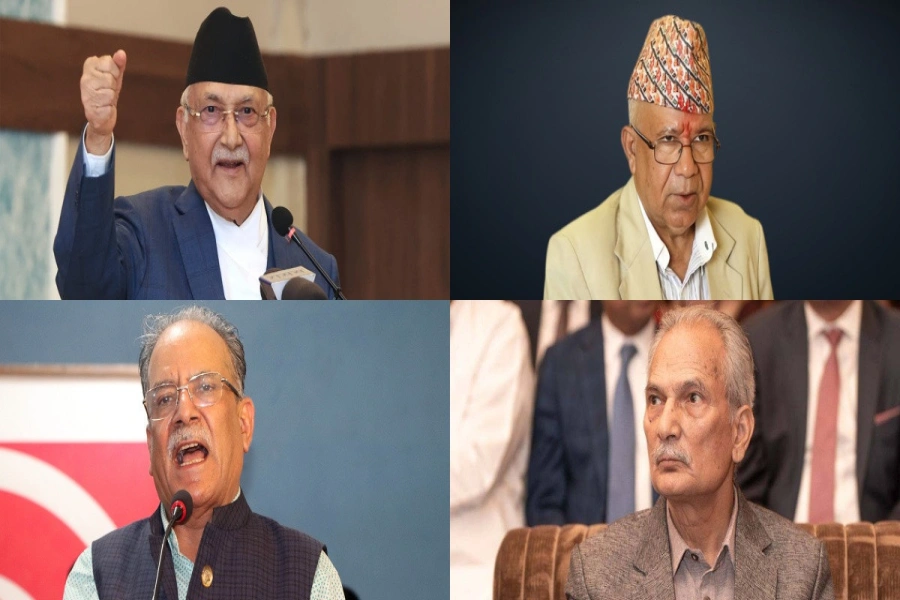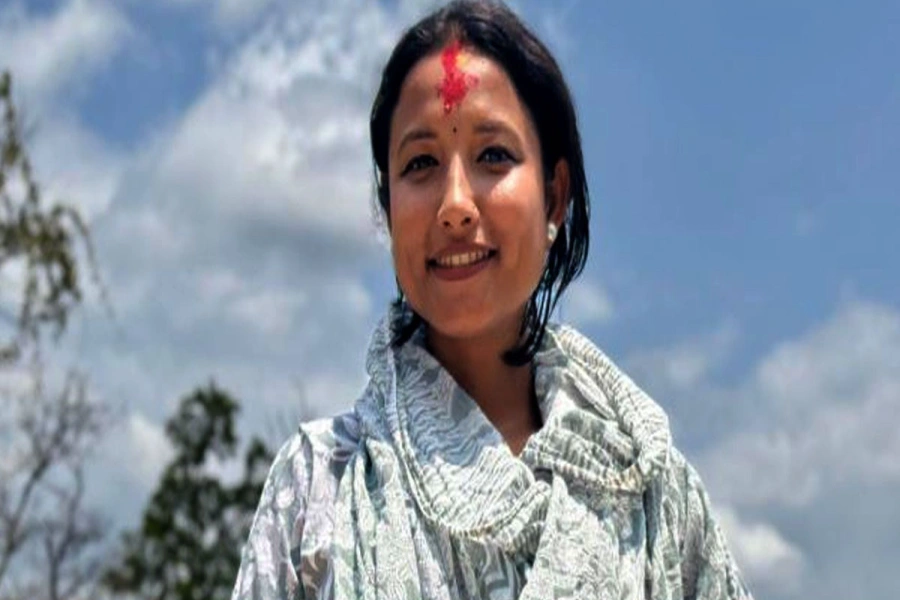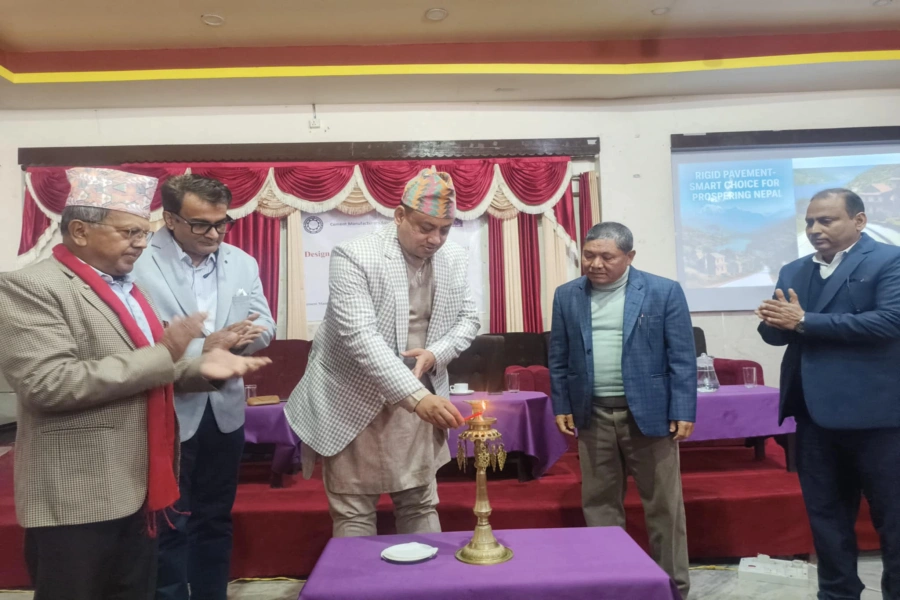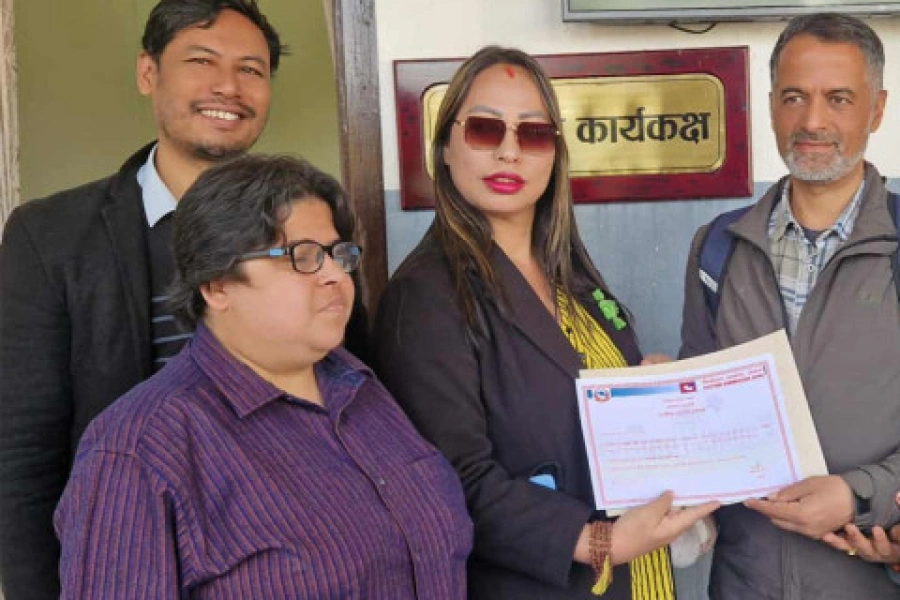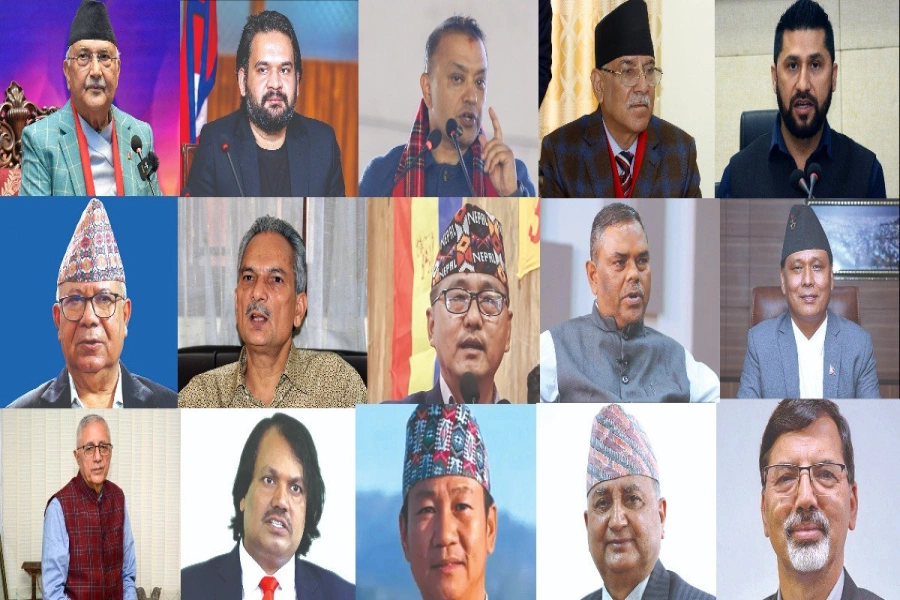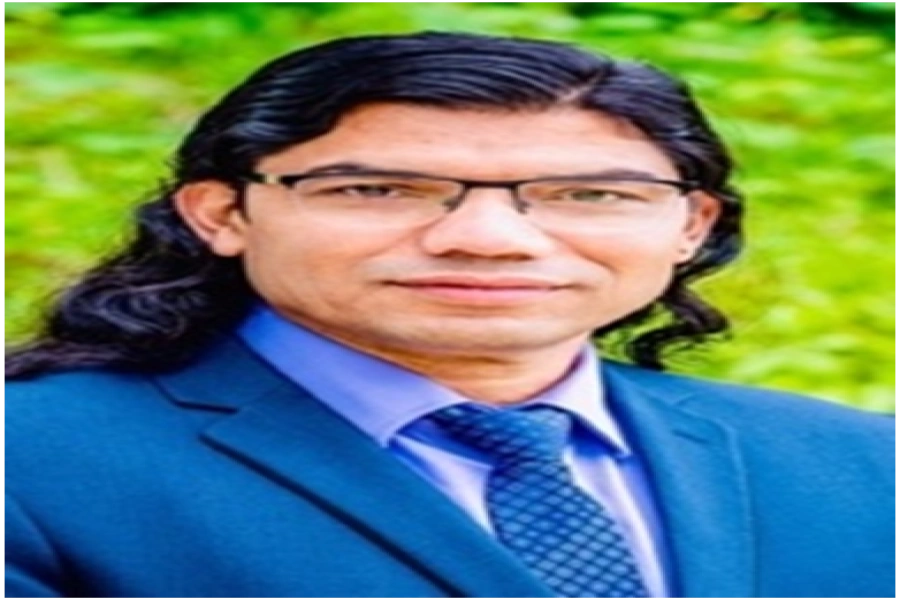The political and chattering classes, especially those representing the four biggest parties, seem to have swallowed the bait hook, line and sinker. The janta janardan, long used to be incessantly taken for a ride by their own political representatives, should not be disappointed if the promised milk and honey does not materialize. Nepalis are in general an easy-going people. Otherwise, the 1.5 million-plus temporary Nepali migrants toiling on foreign shores from the Middle East to Malaysia who account for the bulk of inward remittances (more than merchandise and services exports and foreign aid combined) but do not have an iota of affinity with the NRN jazz would have felt hurt—nay, insulted. And so would have been their families back home.
Precious little is being done by the state to make their lives even a wee bit better. There is no effective orientation program for outbound workers (largely unskilled/semi-skilled) many of whom find it difficult to even fill up the emigration form at Tribhuvan International Airport. Executing economic diplomacy to protect the rights of Nepali workers overseas and negotiate better pay and working conditions is confined to lip service. Also absent are stern actions against manpower agencies that exploit naïve, hapless foreign job aspirants and corrupt government officials who abet such practices.
To add insult to injury, the sheer size of the Nepali population working abroad on a temporary basis is being exploited under the rubric of “NRNs” highjacked by a tiny minority of an elite Diaspora to push an agenda that but serves their personal and familial interests. Perhaps the fault lies with the unsung heroes: They do not submit memoranda of demands to the government, cannot afford to hold annual jamborees, do not have a proclivity for tall talk, cannot engage in national emotional blackmail, have neither the ability nor desire to threaten to link the volume of their remittances to the availability of dual citizenship, which is at any rate an alien, non-issue for them.
This scribe’s skepticism mainly emanates from the tenuous, duplicitous argument for dual citizenship by its votaries. For emotional reasons, the argument goes, NRNs who have obtained or are considering obtaining foreign citizenship want to retain their Nepali citizenship for themselves and their offspring so that they can “serve” Nepal. But if the issue really were about attachment to one’s motherland, then they should be helping Nepal selflessly. Citizenship is no serious hindrance to social work. Neither is it to investment. If they intend to live out their post-retirement years in Nepal with their pension and savings, fine. But for that, they do not need Nepali citizenship in their active years; they can reapply for Nepali citizenship as allowed by the law. Philanthropy is, by definition, done without expectation of any reward. As for investment, it must be made with a commercial motive for it to be rewarding. Nepal’s Foreign Investment and Technology Transfer Act allows foreign investment in all but 21 sensitive sectors and permits foreign investors to repatriate their investments and earnings. Regarding limits on foreign equity participation, people driven by emotional attachment to their homeland should not have a problem with co-investing with Nepali investors.
What really matters is the investment climate. With a high cost of doing business in Nepal, foreign investment inflow is in drips and drops. Most NRNs were born and brought up in Nepal. Very familiar with the system here, they would put their money where their mouth is. They would wisely invest their hard-earned money in their countries of domicile rather than in a failing state. If they want us to believe that they want to invest in Nepal purely out of emotional reasons, they are no real investors.
To the extent they represent unnecessary barriers to foreign investment as a whole, policies, laws and regulations should be amended and the incentive regime improved on a most-favoured-nation (i e, non-discriminatory) basis for ALL foreign investors, regardless of whether they are of Nepali origin or not. The Chinese experience demonstrates the success of providing incentives to all foreign direct investment (FDI), regardless of source.
While overseas Chinese account for two-thirds of FDI to China, non-resident Indians (NRIs) account for just above 4 percent of FDI to India despite significantly contributing to the development of the IT sector. A special report by the Overseas Indian Facilitation Centre admits that facilities and incentives provided to NRIs have succeeded largely in mobilizing remittances but not FDI. It points an accusing finger at institutional rigidities, infrastructural bottlenecks with high transaction costs in manufacturing and agriculture, and complex policies. On the other hand, China’s emergence as a low-cost manufacturing base and its sustained export growth since the 1980s are seen as the most important reason for the Chinese success in attracting FDI.
Since the high-level taskforce’s decision excludes citizens of Nepali origin of SAARC countries, one may be tempted to give NRNs the benefit of the doubt and just hope that the touted benefits would somehow materialize. The problem is that the granting of “economic rights” to foreigners of Nepali origin is potentially harmful to the domestic economy. A major concern is the right to purchase, sell, dispose of, inherit and bequeath real estate in Nepal—a key interest of NRNs pushing for dual citizenship. While the “emotional attachment to ancestral property” argument is peddled in this context, the stark fact is that this provision effectively allows foreign citizens to earn rents from real estate without contributing to value addition and employment generation in the economy. It also allows them to further puff up the socially unproductive and speculative real estate sector.
There is the associated danger of capital flight by way of repatriation in foreign exchange of proceeds from real estate transactions. Another potential risk is foreign exchange misuse as foreign citizens of Nepali origin will also be entitled to foreign exchange on a par with Nepali citizens for personal consumption of services abroad (e g, education and health).
As per the taskforce’s decision, NRNs with foreign citizenship will not enjoy political rights in Nepal. But the delimitation of political rights, as reported in the media, suggests that the exclusion does not pertain to all public offices. This means that while NRNs will not be eligible to vote or become president, vice-president, prime minister, chiefs of legislature (speaker), judiciary (chief justice) and security agencies, and governor and deputy governor of future provinces, they may become deputy prime minister, minister and ambassador, serve on the National Planning Commission and various other commissions, or play the role of an advisor on taxpayers’ money.
Given that the “intellectual”, non-business NRN class eying such positions has been at the forefront of demanding political rights, the foregoing interpretation of the scope of exclusion of political rights may not be wide off the mark. That would be an injustice to those who have spent the prime of their lives serving Nepal on Nepali soil, and an open invitation to further foreign intervention through proxies. A single citizenship symbolizes one’s commitment to a nation. But isn’t Sri Lanka’s defence minister a foreign passport holder? NRNs who make this kind of argument, especially those in the US and Europe, should first make clear their position on the triumph of the Sri Lankan state, against all foreign odds, over terrorism. They should also honestly explain what internal and external factors prevented the Nepali state from achieving the same once upon a time.
NRN “contribution” to Nepal’s political movements is unfailingly highlighted in the pitch for dual citizenship. Strangely, they who profess undying love for their homeland and are so passionate about Nepali citizenship have spoken nary a word about the reckless amendment to the Citizenship Act in 2006 that has resulted in the distribution of citizenship certificates to millions of foreigners—a fact belatedly admitted by none other than the chief election commissioner as well as the head of Madhesi People’s Rights Forum-Nepal, of all parties. They continue to seal their lips when voters’ lists are not being updated exclusively on the basis of citizenship cards in yet another plot to enfranchise further more aliens, who can then stake claim to citizenship on the basis of being on voters’ lists! Welcome to new Nepal. Are NRN legal eagles and buddhijivis tuned in?
kharelparas@yahoo.com
Two people arrested on charges of possessing dual citizenship



